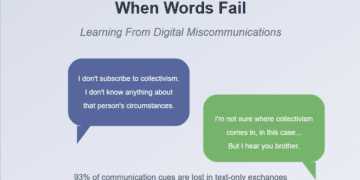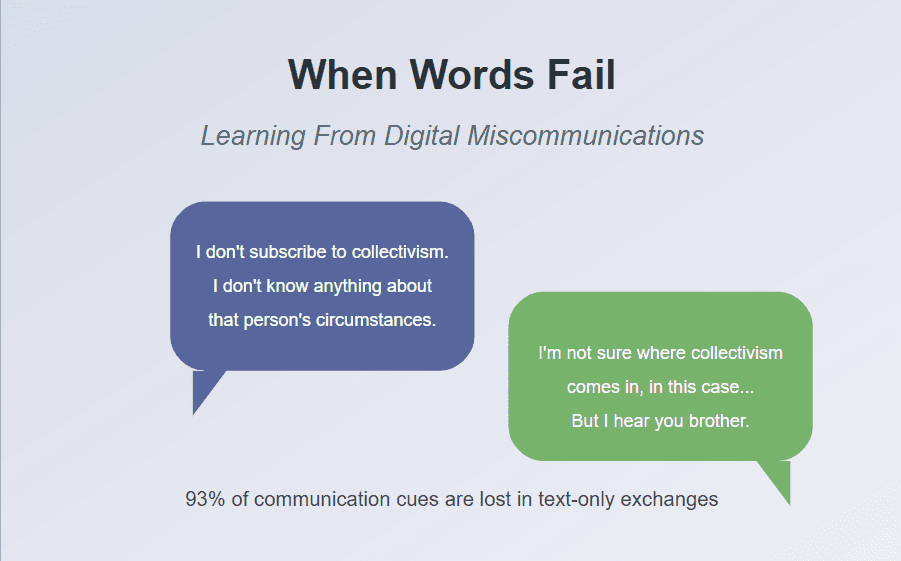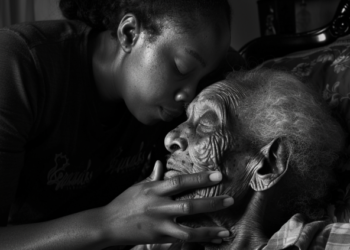It’s fascinating how easily our words can be misinterpreted in the digital world. What seems clear in our minds can land completely differently when stripped of tone, facial expressions, and the natural rhythm of conversation. I recently experienced this firsthand in an Instagram exchange that made me step back and examine how I communicate online.
The Exchange That Got Me Thinking
So check it, I dropped this article on the ‘gram about Trump’s reciprocating tariffs, ya know? Just straight facts, no bias. My man hits me up in the comments like, “What do you think about Trump policies so far this time around?”
I kept it a hundred and said, “I feel we haven’t felt the effects quite yet. So it remains to be seen.”
My guy comes back with, “Well I know that dude in Maryland who they admitted they shipped off by mistake is feeling the effects…”
Now I’m thinking he tryna make a whole point from one example, so I hit him with, “I don’t subscribe to collectivism. I don’t know anything about that person’s circumstances or situation so I can not speak on that.”
Dude was confused, replied, “I’m not sure where collectivism comes in, in this case… But I hear you brother.” And that’s where we left it.
The Realization
After sitting with this exchange, I realized my response missed the mark. “Collectivism” wasn’t the concept I was trying to invoke. What I was actually objecting to was the use of anecdotal evidence – a single case being used to represent a complex situation.
When I took a neutral position saying “we haven’t felt the effects yet,” I was speaking about broader systemic impacts. My friend countered with a specific, emotionally charged example. His rhetorical approach wasn’t about prioritizing group identity over individual autonomy (the essence of collectivism), but rather using a compelling individual case to challenge my generalization.
My objection to forming an opinion based on a single anecdote without knowing all the facts was valid. However, labeling this approach as “collectivism” created confusion because we were talking about different things. I was concerned about improper generalization; he was providing what he saw as a concrete counterexample.
The Digital Communication Challenge
This misalignment highlights a fundamental challenge of text-based communication. Without the richness of face-to-face interaction – the subtle nods, the shifts in tone, the meaningful pauses – we lose critical context. Our words must carry the full weight of our meaning, and sometimes they buckle under that pressure.
According to research on digital communication, text-only exchanges remove approximately 93% of the communication cues we typically rely on. We’re essentially trying to have full conversations while only accessing 7% of our normal communication toolkit.
The Value of Reflection
This is precisely why I find value in analyzing conversations after they’ve occurred. Most miscommunications don’t stem from malice but from the inherent limitations of our digital tools.
Taking time to revisit and analyze interactions allows us to:
- Identify where miscommunication occurred
- Understand different perspectives more clearly
- Refine our communication approach
- Learn from our mistakes
In my case, this reflection led me to reach back out to my friend, acknowledge my imprecise terminology, and clarify my actual concern. This simple act of reflection and correction strengthened our dialogue rather than letting misunderstanding linger.
Moving Forward
Articulation through text is indeed easier said than done. As we navigate increasingly text-heavy social worlds, developing this skill becomes crucial. For me, this means:
- Being more precise with terminology
- Asking clarifying questions before responding
- Acknowledging the limitations of the medium
- Taking time to reflect before and after important exchanges
These digital conversations may lack the emotional connection of face-to-face interactions, but with careful attention and willingness to revisit our words, we can still achieve meaningful communication.
Have you ever had a similar experience of miscommunication online? How did you resolve it? I’d love to hear your stories in the comments below.
















































